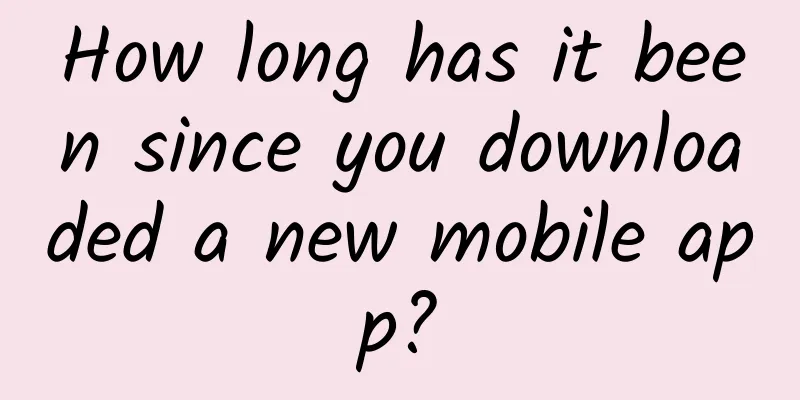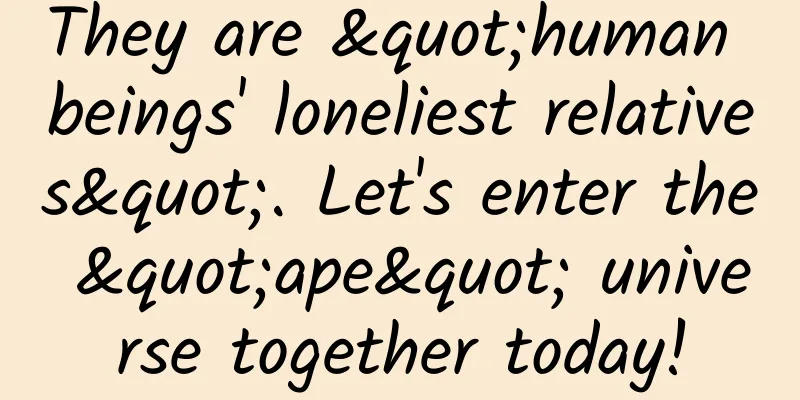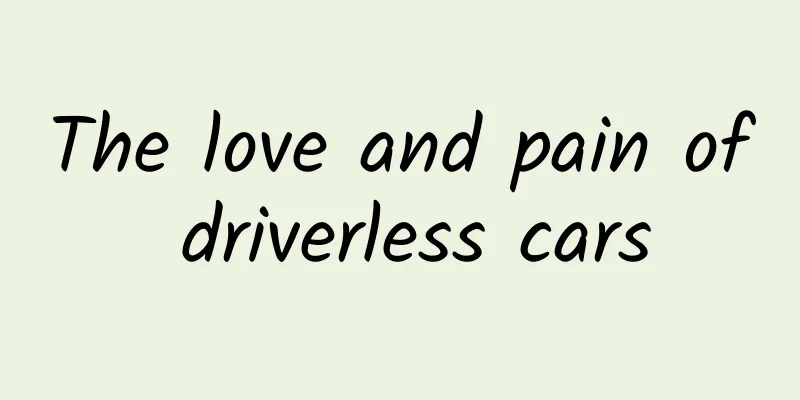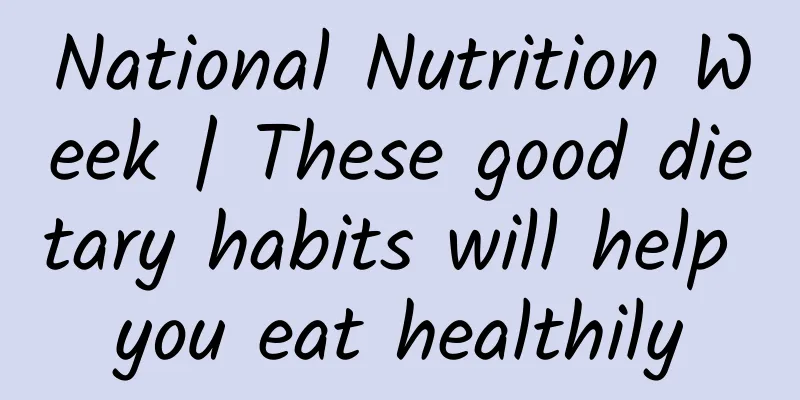How long has it been since you downloaded a new mobile app?

|
Smartphone users' enthusiasm for new apps is waning, and this is not a recent phenomenon. Eric Feng, former chief technology officer of Hulu and Flipboard and current partner of investment firm KPCB, recently wrote an article reiterating the view that the gold rush era of mobile applications has ended. Most people are accustomed to using relatively mature applications and are rarely willing to try new ones. He also brought some data support. In addition to AppAnnie's analysis, there are also statistics on Apple's official iTunes App Charts (there is also a similar page in China), which is a weekly updated application list ranked by download volume. The results show that over the past five years, the weekly downloads of the top 30 apps in the App Store have not changed much. To be more specific, whether in 2014 or 2019, you have to reach an average of 230,000 weekly downloads to have a chance to enter the TOP30. In addition, Eric Feng also calculated the “average shelf time” of the TOP30 apps, which you can also understand as their “age”, that is, the time the app exists in the store after it is launched. The longer the time is, the more old apps there are. Conversely, it means there are many new apps that have just been launched in the list. In 2014, the average shelf life of the top 30 apps was 625 days, which is less than 2 years. But today in 2019, the “average shelf time” of the TOP30 applications has risen to 1,853 days, exceeding 5 years. From this we can also see that people are indeed more keen to download old apps that have been on the shelves for a long time, and this phenomenon also exists in the Google Play store - there, the "average shelf time" of the TOP30 apps has increased from 18 months in 2014 to nearly 4 years in 2019. If we further refine it to sub-items, such as social applications, shopping applications, etc., the "average shelf time" trend of the TOP30 applications in each category is basically the same as above. In the weekly TOP30 list, only about 13% of the applications have been launched in the past two years, and the rest are old faces that have existed for 4-5 years. The only exception is mobile games. The trend chart shows that in the TOP30 list of each week in 2019, nearly 85% of the games are new, which is higher than 72% in 2015, which means that most users are more enthusiastic about new games than those tool-type applications. But overall, the frequency of new apps appearing on the list is still much lower than that of old apps. At this point, I can't help but ask myself, when you change to a new phone and download apps again, are those "must-have apps" the first ones that come to your mind? This is very different from the situation 10 years ago when the App Store first appeared and people were keen on finding all kinds of free, new and unique applications. I still remember when I first started using iPhone 3GS, out of curiosity and novelty, I would open the App Store every day to see what new apps and games were available. I would also spend time looking at various free apps and app recommendation websites, and I would download and try out anything that I liked. But things are different now. Apart from opening the App Store to update after seeing the red digital badge pop up, many people no longer actively look for, discover and download new apps. After more than ten years of development, the App Store has evolved from the initial era of only 500 applications to 2 million applications. You can find dozens of applications with similar functions in almost any specific field. But there may be only one that people will actually download and use for a long time. As early as 2011, Tesla CEO Elon Musk also made a statement in an interview with the Daily Beast. He said, "Internet innovation will continue, but many important problems have been solved." He was talking about the impact of mobile applications on the traditional Internet. This is also why the status of those "must-have applications" is difficult to shake: when it comes to social networking, you will naturally think of WeChat and Weibo, when looking for delicious food, you will use Dianping, when ordering takeout, you will use Meituan, when taking a taxi, you will use Didi, when navigating, you will use Baidu Gaode, when shopping, you will use Taobao and JD.com, when watching videos, you will use Youku and iQiyi, when listening to concerts, you will use NetEase Cloud Music, and so on. For these applications with tens of millions or even hundreds of millions of users, they not only cultivate the usage habits of the generation of smartphone users, but also connect all aspects of their daily lives. Not to mention "super apps" like WeChat and Alipay. The wide range of services they integrate have long surpassed the scope and positioning of their own "chat tools" and "payment tools", and they save you the need to download those single-function applications. Even when we review apps at the end of each year, we can find several new apps that perform outstandingly, but it is still unknown whether they can still remain on your phone after a year, or whether they will be replaced by other apps. After all, the apps that ultimately grab our time and attention have long been fixed in the dozen or so apps. It is said that people like the new and dislike the old, but when it comes to apps, it is more of a sad fact that “people are not as good as the old ones”. On the other hand, the problem of the solidification of the list is also related to the way the current app stores present apps. The UI hierarchy and structure of most app stores are basically the same. Whether it is a download list like TOP30, a hot search term that pops up in the search bar, or a recommended header image on each page, they can all be considered an important channel for app download traffic. The problem is that if the number of downloads is used solely as a measurement standard, the end result will be an obvious head effect. In addition, there is limited display space and location in stores, and there is also the use of "ranking manipulation", making it even more difficult for products from small and medium-sized manufacturers to receive the exposure they deserve, and the works of individual developers can easily be buried in the sea, let alone let users actively know of their existence. These problems prompted Apple to make major changes to the original App Store in iOS 11, such as weakening the rankings and best-selling lists, adding columns such as "Today's App", and allowing human editors to participate in the app recommendation process, rather than relying solely on machine algorithms and download volume as the measure of the quality of apps. Another thing worth noting is the Apple Arcade game subscription service announced by Apple last month, which can also be seen as a new means for niche independent games to gain higher exposure.
Of course, it is obviously unwise for small and medium-sized developers to compete with those manufacturers with huge capital for the TOP30 position. Eric Feng also listed three suggestions. One is to find and attract your "super users", who may account for less than 10% of the general user base, but under a reasonable business model, they may be able to ensure their healthy development; the second is to seek new application platforms without having to focus on the App Store. The first is to open up a new application field and solve a potential public demand point in advance. Of course, this is also the most difficult to achieve. After all, those who can predict and accurately grasp the public demand are either time travelers or real geniuses. |
<<: Android Q lets users manage location permissions elegantly
>>: When we finally stop rooting
Recommend
Analyze how to place information flow ads in the automotive industry from 3 perspectives
"Golden September and Silver October" i...
Is paid video a real trend or a false boom?
It is not new to develop membership payment busin...
Git usage standard process
In team development, it is very important to foll...
Self-study aerial photography complete tutorial
If you are a novice, you will get a systematic an...
The urgency of video companies’ transformation to OTT can be seen from the low-price sale of Ku6
Recently, the long-established video website Ku6 ...
2023 Postgraduate English Entrance Examination Liu Xiaoyan "Dayan Teaches You to Remember Words" (HD Watermark-free Version) PDF
2023 Postgraduate English Entrance Examination Li...
Future form and powerful hits usher in a new era of growth for the MG brand
Pay tribute to the future with imagination, pay t...
What exactly happened when I blacked out after drinking?
© Getty Images Leviathan Press: Almost all of my ...
T-Online: Survey shows that more than 94% of Germans explicitly refuse to buy Tesla
Recently, a new survey of 100,000 Germans conduct...
A person may develop blood clots after lying down for just a few days, but how come a bear is fine after lying down for half a year?
After feeding themselves well, brown bears will b...
Mini Program promotion and operation plan, how to write a mini program operation plan?
Many businesses have realized the huge advantages...
If my WeChat account is blocked, who will protect my “right not to be forgotten”?
In the Internet age, many of people's behavio...
Why 5G is more important to VR than we thought
What’s currently limiting widespread adoption of ...
Better to live a miserable life than to die? Compatible with Android and iOS: Windows loses its platform advantage
Following the delivery of Microsoft's killer ...









